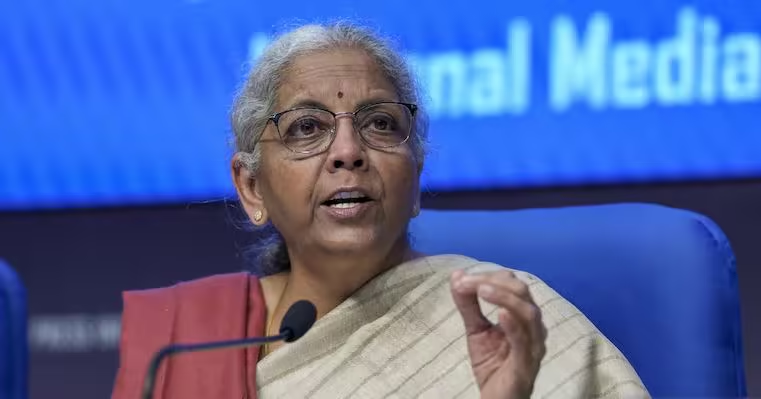Income Tax (No 2) Bill Passes Lok Sabha: Key Highlights of the ‘S.I.M.P.L.E’ Law
- August 11, 2025
- 0

The Income Tax (No 2) Bill, designed to replace the outdated Income Tax Act of 1961, has successfully passed through the Lok Sabha. This legislative move aims to simplify tax laws, making them more accessible and understandable. The bill was approved without opposition debate amidst protests from INDIA bloc MPs concerning voter list revisions in Bihar.
Finance Minister Sitharaman introduced the acronym ‘S.I.M.P.L.E’ to encapsulate the bill’s guiding principles: Streamlined structure and language; Integrated and concise; Minimized litigation; Practical and transparent; Learn and adapt; Efficient tax reforms. These principles aim to modernize and simplify the tax framework for individuals and businesses alike.
The bill underwent scrutiny by a select committee led by BJP’s Baijayant Panda, which proposed 285 suggestions, most of which were incorporated. The revised bill further simplifies the tax structure, reducing unnecessary litigation for taxpayers and MSMEs. It also clarifies deductions, strengthens cross-referencing, and addresses ambiguities related to income from house property.
Significant changes include relief over tax refunds, no penalties for late TDS filing, and provisions for nil-TDS certificates for taxpayers without liabilities. The bill also introduces explicit deductions for commuted pensions and reinstates deductions for inter-corporate dividends under Section 80M. Property tax calculations have been clarified, with a standard deduction set at 30%.
The bill aligns definitions of micro and small enterprises with the MSME Act, based on investment and turnover criteria. It also proposes a shift from using ‘financial year’ and ‘accounting year’ to a unified ‘tax year’, simplifying tax payments. Redundant sections like those on fringe benefit tax have been omitted.
Notably, existing tax slabs remain unchanged under the new bill. Key terms defined in court rulings will also be retained. Additionally, the Taxation Laws (Amendment) Bill, 2025, was passed to provide direct tax relief to Saudi Arabia’s sovereign wealth fund investing in India.